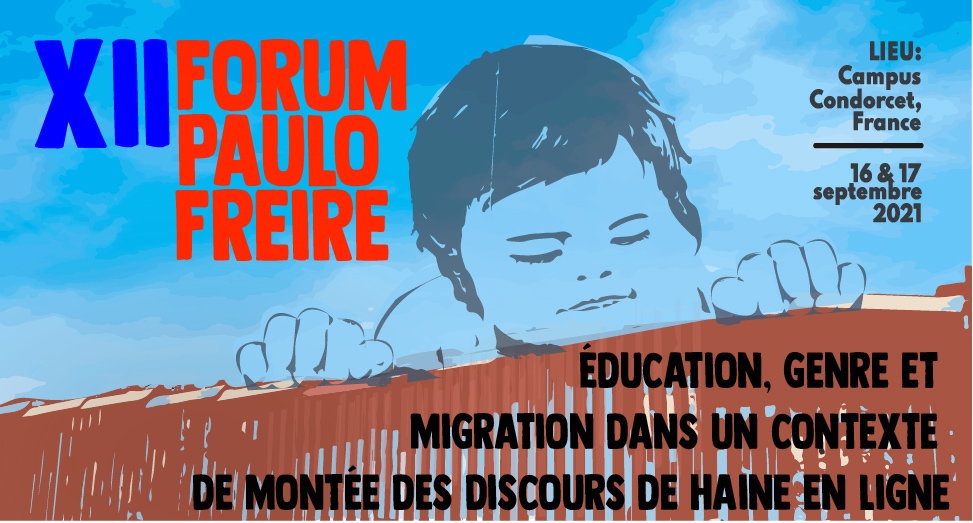The separation of household waste in Japan is an individual responsibility, with a complicated system of waste collection and separation. The collection of the waste varies greatly from city to city in terms of waste storage, collection days, and separation requirements, which in some locations may reach as many as 14 distinct categories. In regions with a large Brazilian immigrant population, there is sometimes inadequate storage and disposal of household waste, causing what can be considered one of the largest sociocultural problems in the conflicting relationships experienced by Brazilians living in the country (Suguiura, 2009). In this study, guided by the critical perspective of environmental education, the theme of household waste was discussed as part of a school project, “Garbage that Works”. The participants of this pedagogical intervention were 23 grade 5 students at a Brazilian school located in Japan. The work was developed and evaluated within a qualitative interpretative approach, which allowed students to develop collective reflections through dialogical actions on the problem of household waste in its local and global contexts. According to Freire (2009), through dialogue it is possible to problematise the reality lived by the students so as then to transform it. In the final production of the project, students developed collective texts, which resulted in information pamphlets that were distributed to students of other grades, as well as an illustrated book, The Ten Commandments of Garbage in our Community. Through the mediation of the teachers responsible for the project, the aim was to raise students' awareness, considering that, in a Freirean conception, to raise awareness is to develop a pedagogical procedure that problematises the students' conceptions of the world, allowing their reflections and actions to be transformed from their own naive awareness to the critical consciousness of the world, thereby enabling us to think about our relationship in the world and with the world (Freire, 2009).
References
Freire, P. (2009). Pedagogia do oprimido. Rio de Janeiro: Paz e Terra, 2009.
Suguiura, M. H. (2009). Relações entre a rede social e as migrações Brasil-Japão. Unpublished master dissertation, Universidade de São Paulo, São Paulo.

 PDF version
PDF version
